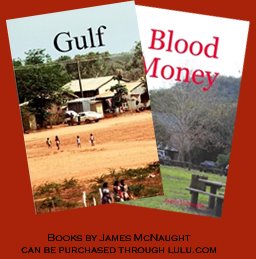Exodus 26: 15-30: “And thou shalt make boards for the tabernacle of shittim wood standing up. Ten cubits shall be the length of a board, and a cubit and a half shall be the breadth of one board. Two tenons shall there be in one board, set in order one against another: thus shalt thou make for all the boards of the tabernacle. And thou shalt make the boards for the tabernacle, twenty boards on the south side southward. And thou shalt make forty sockets of silver under the twenty boards; two sockets under one board for his two tenons, and two sockets under another board for his two tenons. And for the second side of the tabernacle on the north side there shall be twenty boards: And their forty sockets of silver; two sockets under one board, and two sockets under another board. And for the sides of the tabernacle westward thou shalt make six boards. And two boards shalt thou make for the corners of the tabernacle in the two sides. And they shall be coupled together beneath, and they shall be coupled together above the head of it unto one ring: thus shall it be for them both; they shall be for the two corners. And they shall be eight boards, and their sockets of silver, sixteen sockets; two sockets under one board, and two sockets under another board. And thou shalt make bars of shittim wood; five for the boards of the one side of the tabernacle, And five bars for the boards of the other side of the tabernacle, and five bars for the boards of the side of the tabernacle, for the two sides westward. And the middle bar in the midst of the boards shall reach from end to end. And thou shalt overlay the boards with gold, and make their rings of gold for places for the bars: and thou shalt overlay the bars with gold. And thou shalt rear up the tabernacle according to the fashion thereof which was shewed thee in the mount.”
The Tabernacle also needed a strong underlying structure to hold everything in place. It contained the most precious items of the Israeli religion and these needed to be kept completely secure. It was all very well to have these items covered and secure from the elements but the curtains needed to have strong skeleton that was also easily transported. This was done by building a structure made of board with sockets to hold the boards upright. This structure was still made for the Lord and it was made of wood covered with gold. Not only was this structure fit for the King of Heaven, it was also stable and designed to last for many centuries. There were people dedicated to transporting the Tabernacle and they had carts to carry the items so weight was not a consideration. However, each board was small enough to be moved by the people who had to transport the Tabernacle. God had a perfect plan for this structure and God has a perfect plan for everything. The only way we can spoil God’s perfect plan is when we choose to ignore His instructions.
(The view expressed in this blog are my own and should not be taken as inspired in any way.)
